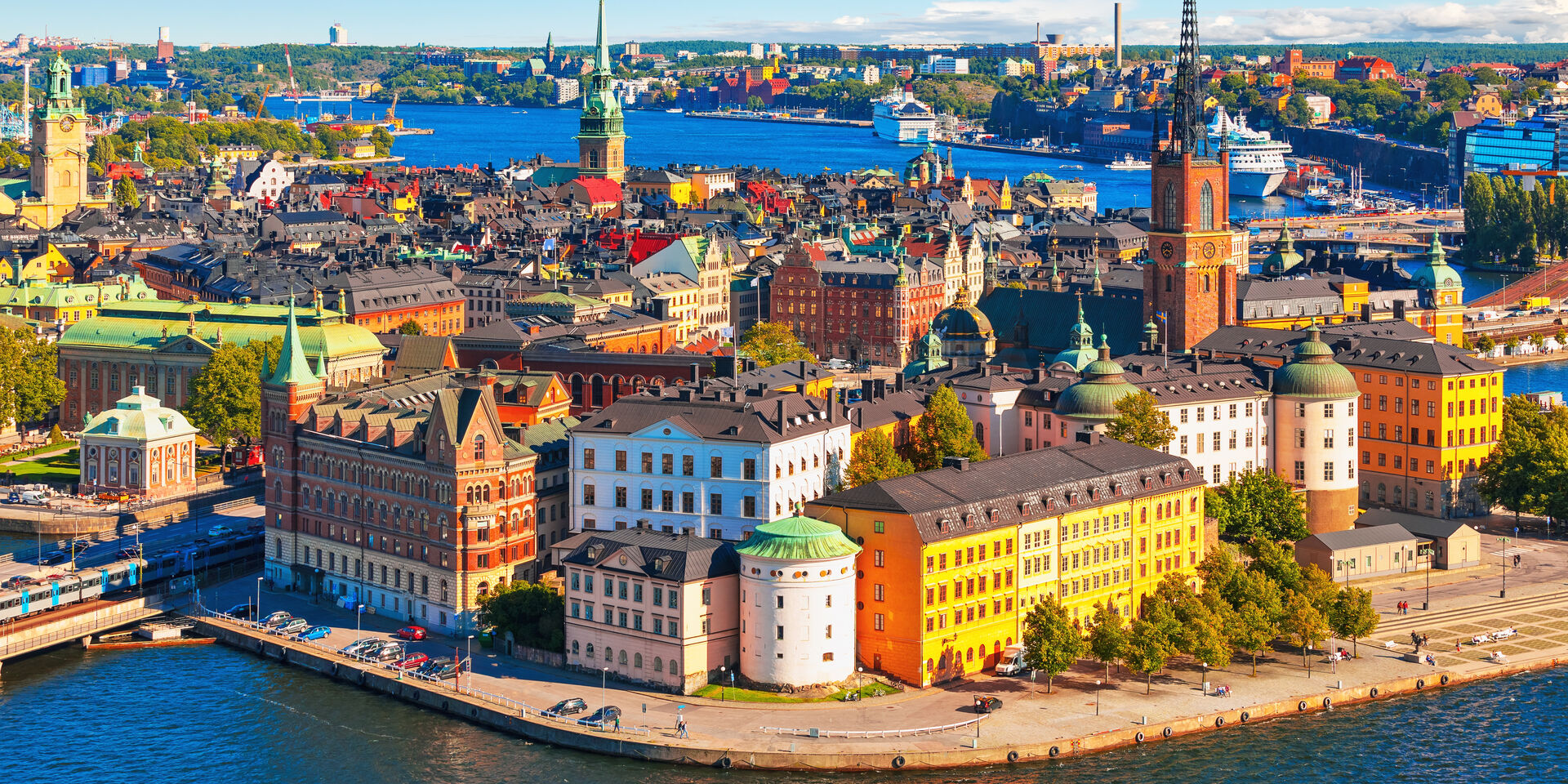According to Uganda’s Internal Affairs Minister Gen. Jeje Odongo, all people that continued staying in Uganda as per the time of lockdown and closure of both borders and airports will have to seek government clearance before any form of travel outside the country.
The ministry put up this guideline in a bid to implement the presidential directive of reopening all borders and airports in the country. The ministry argues out that, all persons intending to return to their countries of residents will face scrutiny for clearance, in line with immigration control measures so as to up hold Uganda’s immigration laws.
Earlier in March this year when lockdown was instigated, the Directorate of immigration halted the issuance of other travel documents such as Certificate of Identity, Temporary movement permits, Conventional Travel Documents (For Refugees) and Certification of travel documents and Passes. It also suspended the issuance and Personalization of Visas, Work permits, Citizenship, Resident permits and Passes.
During the time, the directorate advised that foreign visitors, whose visas expired on or after March 18, 2020, should stay until the opening of commercial passenger flights and borders. Odongo says that although the government relaxed immigration enforcement during that period, there is a need to account for all people who were locked down in the country before they jet out.
Minister Odongo explains that the Directorate of Citizenship and Immigration Control will also not retain passports of travelers or clearances from the ministries of health, works and foreign affairs for departing passengers as it was doing during the lockdown.
The statement also gives guidelines for people who want to come to Uganda. Citizens and final year students and pupils will be allowed into the country as long they have valid documents and tested negative for COVID-19, at least 72 hours before arrival in Uganda.
Travelers must submit their online visa application before the expected date of arrival while those from visa-exempt countries must have a tour plan, travel itinerary, valid passport and a negative PCR COVID-19 test results. There are 37 visa-exempt countries.
Currently, residence certificates cost between USD 400 and USD 2500 depending on how long one plans to stay in Uganda. But, an individual pays USD 100 (370,000 Shillings) for each day he or she overstays in Uganda.
About Guide2Uganda
Guide2Uganda (www.guide2uganda.ug) is the most comprehensive source of information about Uganda that exists on the web, with more content on Uganda and surrounding towns, attractions, museums and galleries than any other online guide that currently exists for Uganda as well as being a dynamic news and comprehensive events driven site with content being added daily.
According to WeFollow & Peer Index (whom both measure online influence) we are among the most influential online media organizations in Uganda. We were also awarded for ‘’Best Destination Website in Uganda’’ by Jumia Travel Uganda in the 2017-2018 Africa Travel Awards. If you are planning a visit to Uganda you can always reach us on; info@guide2uganda.ug



